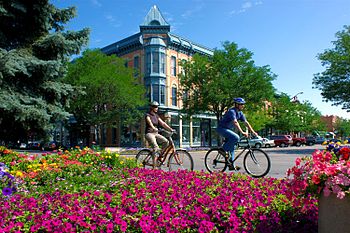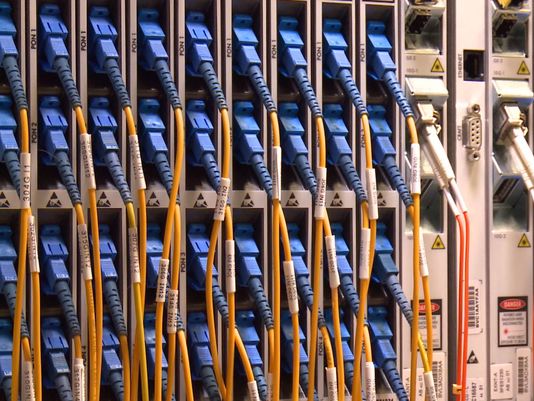An official for CenturyLink on Monday said that the company’s decision to begin offering 1-gigabit fiber-optic Internet speeds to a large chunk of businesses in Boulder and Fort Collins was not influenced by those cities’ ongoing exploration into creating their own municipal broadband utilities.
CenturyLink (NYSE: CTL) began offering such service to small and medium-sized businesses in Denver and Colorado Springs last summer. Previously, only enterprise-sized businesses that could afford the added expense of having such service brought to their buildings, or large office buildings that provided CenturyLink with sufficient density for a positive return on investment, had access to such service from the company. Continue reading









